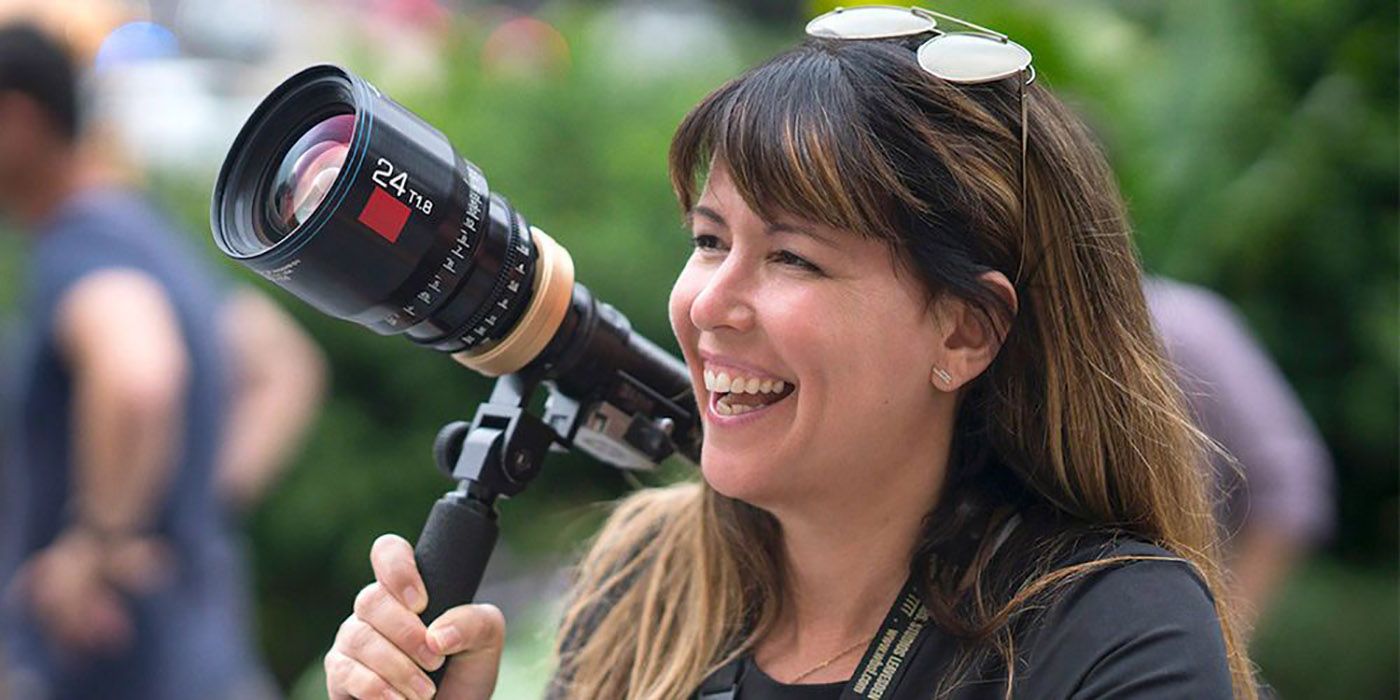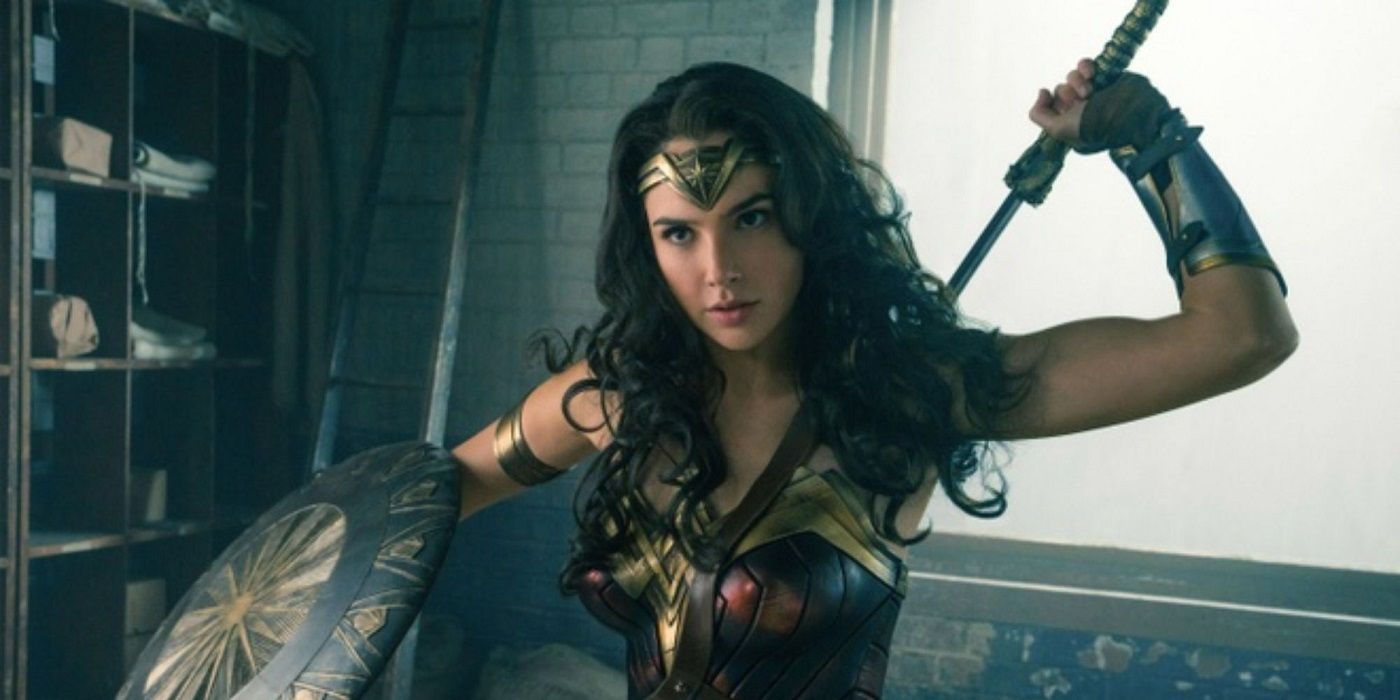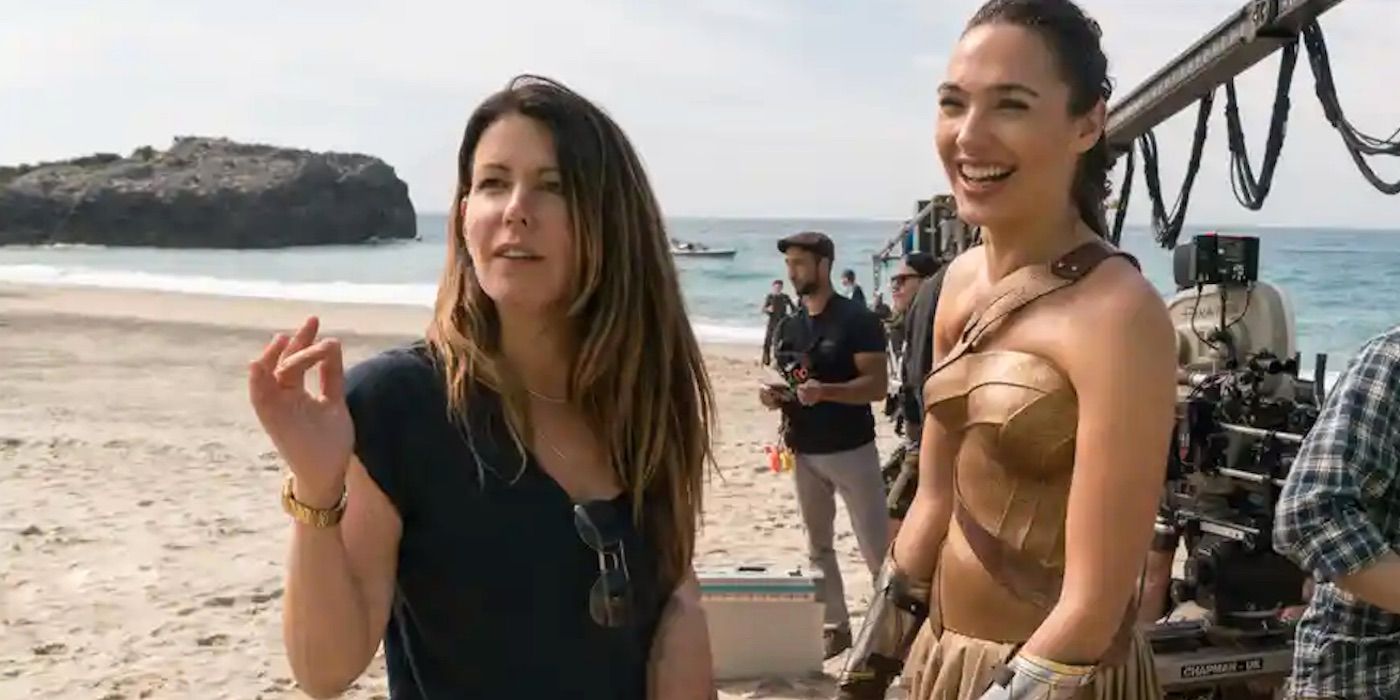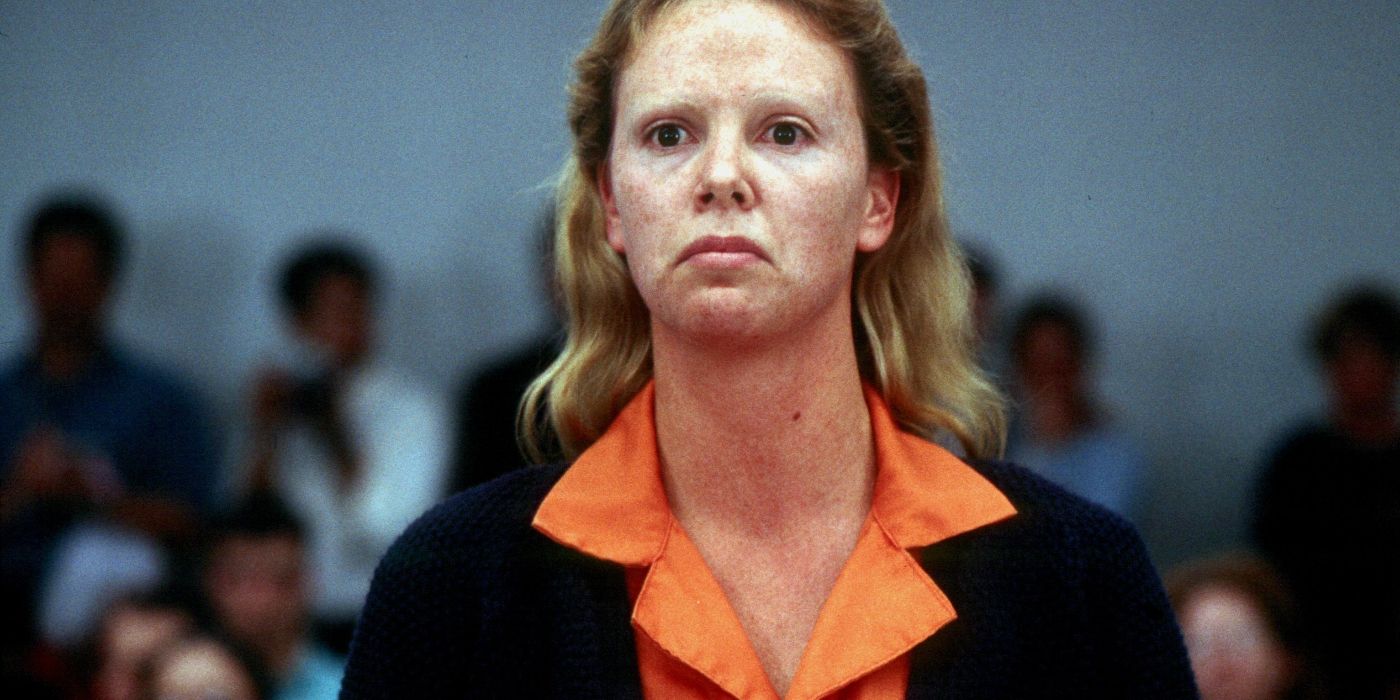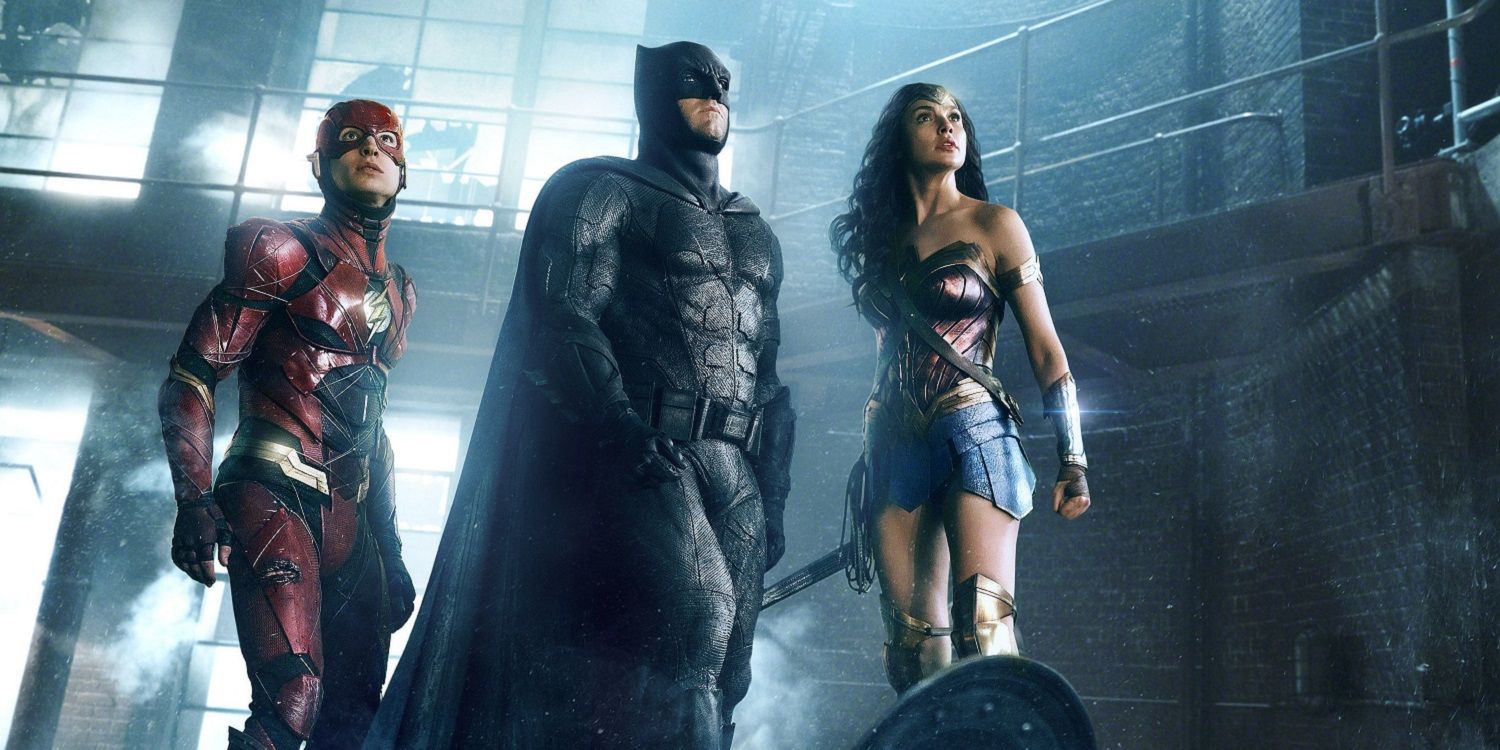The DC Universe has been in flux for quite some time now, but the last few months have been among the most tumultuous in the brand’s history. Following the merger between Warner Brothers and Discovery, the new CEO David Zaslav brought about swift changes that completely changed the future of DC films moving forward. Among the most controversial decisions was the cancelation of several DC projects, including Batgirl, which had already been completed.
DC fans got a spark of hope when James Gunn and Peter Safran were brought in to shape the franchise’s future moving forward. Gunn had proven that he could deliver a terrific DC project with The Suicide Squad. However, a recent report indicated that Gunn and Safran's projected plan for DC films included the potential cancelation of several projects that were in the works. While we don’t know for sure if Black Adam 2 is canceled, if Henry Cavill will return as Superman, or if Jason Mamoa will be recast as Lobo after the release of Aquaman and the Lost Kingdom, we know for sure that Patty Jenkins has walked away from her version of Wonder Woman 3.
Jenkins has had an interesting career over the past few years. Although her feature film debut Monster was critically acclaimed and earned Charlize Theron an Academy Award for Best Actress, Jenkins was not able to direct another feature film until Wonder Woman. The film became a hit with both critics and audiences, but that trajectory seemed to end after Wonder Woman 1984 was released in theaters and on HBO Max simultaneously in December 2020, and received mixed to negative reviews. While it would have been interesting to see if Jenkins could have redeemed the franchise, the cancelation of Wonder Woman 3 gives her a new opportunity to take advantage of.
The Problem With Chasing Franchises
Unfortunately, the process of creating a film within a major franchise is a time-consuming one that often forsakes the role of the director. Over the past few years, we’ve seen many talented filmmakers have their visions diminished due to studio demands, rewrites, retcons, and reshoots. Even if directing a DC film is a director’s dream job, the version that ends up getting released may not have been one that they had in mind. Taking on a major franchise property is a gamble.
Jenkins has had experience with this in the past. She was initially hired as the director of Thor: The Dark World in 2011, but ultimately left the project due to creative differences with Marvel Studios. When Jenkins was brought in to direct Wonder Woman, the project had already gone through many different writers and directors. Wonder Woman proved to be the boost in the arm that DC had needed at the time; after the disappointment of Batman v. Superman: Dawn of Justice and Suicide Squad, the company finally had a hit that they could stake their future on, and a lovable hero in Gal Gadot’s Diana Prince. It became one of the rare superhero films to receive a Producer’s Guild Nomination for Best Picture.
Sadly, Wonder Woman 1984 may have evaporated any goodwill that Jenkins had received. It’s unfortunate that female directors are held to different standards, but Jenkins was widely blamed for Wonder Woman 1984’s tonal shifts, strange plot contrivances, and the somewhat unsettling way that Chris Pine’s Steve Trevor returned. While she may have eventually agreed to the HBO Max release, her film was clearly one that was intended for theaters.
In addition to the disappointing response to Wonder Woman 3, Jenkins faced another setback when her Star Wars film Rogue Squadron was put on hold. Lucasfilm has had almost as many “creative restructurings” as DC, and it's again sad that Jenkins poured effort into a project that never began production. It would be similarly disappointing to see her waste her efforts on another project that could consume all of her efforts.
An Amazing Track Record
What was ignored within the success of Wonder Woman is that it was Jenkins’ first feature in over a decade; the fact that the director of an acclaimed, award-winning first feature has to wait so long says a lot about the sexism within the film industry. Monster is an incredible film, and Charlize Theron’s performance wouldn’t be nearly as chilling if it wasn’t for Jenkins’ nuanced direction. It’s the rare film that forces the audience to empathize with a serial killer, and Jenkins was unafraid to show the story in all of its bleakness.
In addition to Monster, Jenkins proved that she could make riveting crime dramas with her work on television. She received a Primetime Emmy Award for the electrifying pilot of The Killing, and developed the criminally underrated miniseries I Am The Night in between the production of the two Wonder Woman films. Jenkins has an elegant way of crafting crime stories that asks deeper questions than most whodunits; she examines the societal stigmas that affect criminal behavior.
The success of Wonder Woman has certainly granted Jenkins a lot of good will, and it seems likely that she could wrangle a terrific cast and crew for a smaller project if she wanted to do something that was completely original. Many directors have found success with smaller features that go back to their roots after handling franchise films; Jon Favreau went from the massive scale Iron Man films to the delightful indie comedy Chef, and Rian Johnson went from the stress of making The Last Jedi to developing the two Knives Out films, which were both successful. It’s clear that Favreau and Johnson had more creative freedom when they weren’t meeting the demands of a connected universe, and it would be exciting to see what Jenkins could do with the same opportunity.
An Uncertain Future For DC
It seems like the DCEU that existed before may be completely forgotten by the time that a potential third Wonder Woman film would ever get made. It appears from the initial reports about Gunn and Safrans’ plans that The Flash and Aquaman and the Last Kingdom might be reoriented as films that officially bring this universe to a close. While this is probably a good move in the long run to give these characters a fresh start, Jenkins’ version of Diana was developed within the DCEU. It might be strange to try to fit her pre-existing character development in a new continuity, and it would certainly present creative challenges for Jenkins that could drag the development process along even further.
Wonder Woman 1984 simply didn’t work; the film didn’t seem to give Diana a satisfying arc after the first film. 2017’s Wonder Woman delicately gave us an optimistic hero amidst a horrific period in human history, and gave Diana a Christopher Reeve-esque innocence without sacrificing the intensity of a war film. By comparison, Wonder Woman 1984 tried to saddle a very campy tone with serious issues revolving around nuclear disarmament. The resurrection of Steve Trevor wasn’t just creepy; it indicated that both the fans and the filmmakers were having a hard time letting go of why his initial demise was so powerful.
It’s entirely possible that Jenkins’ version of Wonder Woman 3 could have been brilliant, but the odds were stacked against her if she wanted to do something amidst the current corporate system. She’s clearly a brilliant auteur with many interesting ideas, and hopefully a smaller project will remind film fans why she drew so much acclaim in the first place.

